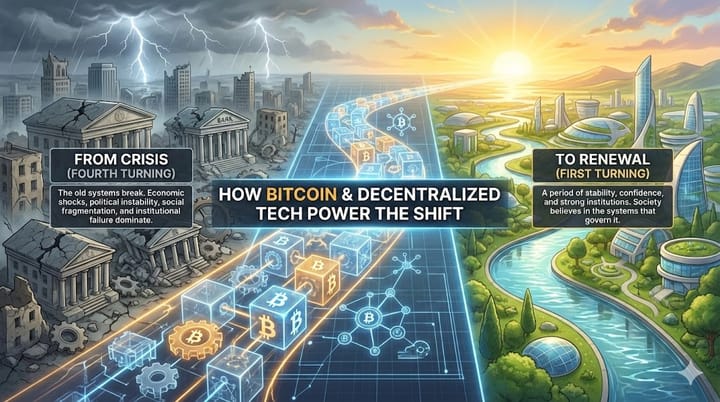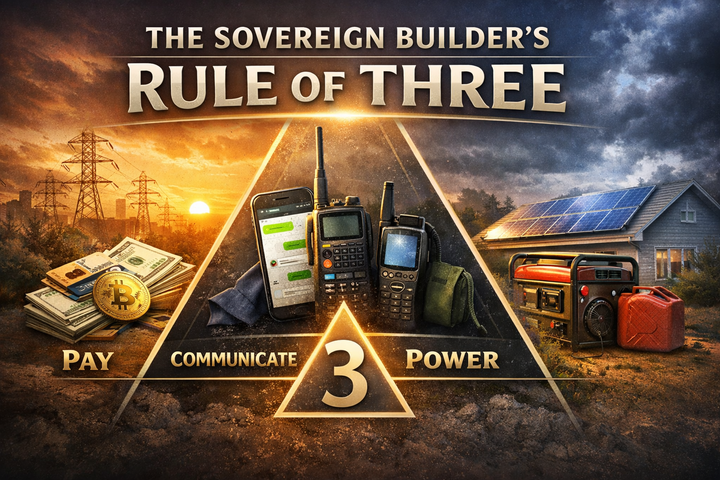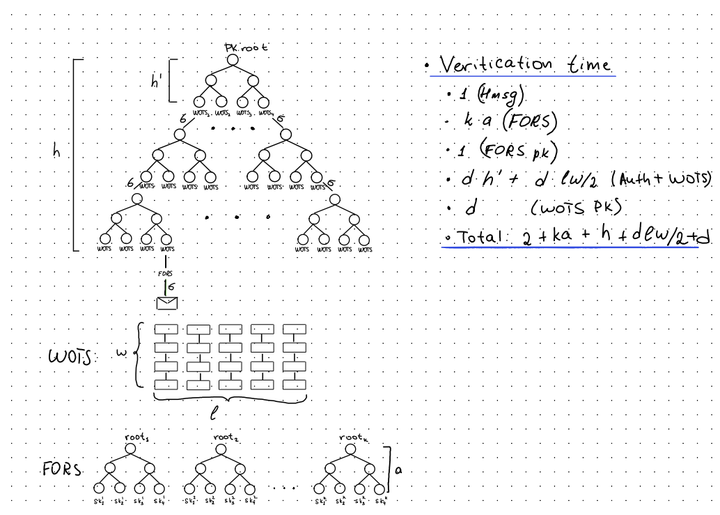The Most Important Things We Need To Decentralize (If We Want A Stronger Future)

Everyone talks about decentralization, but most of the conversation gets hijacked by hype coins, pump and dumps, and pointless DeFi casinos. None of that matters.
If the goal is real resilience, real independence, and real protection from system failure, then we need to decentralize the things that actually keep society running.
That means removing single points of failure and reducing our dependence on governments, telecom giants, and cloud corporations.
Here is what truly needs to be decentralized for a stronger, more sovereign future.
1. Money and Value Exchange
This is the foundation. People need a way to store and send value without gatekeepers, surveillance, or permission. Not speculative tokens, just digital cash with predictable rules and real self custody.
Bitcoin fits this category, especially when combined with tools that make non custodial storage simple.
Buy & Sell Bitcoin, Dollar Cost Average management abd pay your bills with Bitcoin on the the best Bitcoin only Exchange.
2. Data Storage and Backups
Right now, nearly everything lives in centralized clouds. If your account is banned, if a region goes offline, or if a service shuts down, your data disappears.
Decentralized options include:
- Local servers and home labs
- Start9, Umbrel, and Raspberry Pi stacks
- Distributed storage networks
- Offline archives and encrypted backups
Your data should live in places you control, not in a corporate warehouse.
3. Communications
Communication systems fail fast in disasters. They also rely on a handful of telecom companies that can block, monitor, or shut off access.
We need:
- Peer to peer messaging
- Self hosted email
- Decentralized voice and video
- Local mesh networks
- HAM, GMRS, and LoRa for emergencies
People should be able to reach each other even when towers or fiber lines fail.

4. Online Identity
Your identity today belongs to tech giants. If they revoke access, your digital life evaporates.
Decentralize:
- Digital identity through public private keys
- Login systems that run on your device
- Reputation systems that you control
Identity should not be controlled by corporations.
5. Publishing and Social Media
Centralized platforms can shadowban you, delete your work, or remove your account without warning.
We need:
- Self hosted blogs and websites
- Social feeds built on open protocols like Nostr or ActivityPub
- Peer to peer video distribution
- Mirrored Git repositories
If your voice can be erased, you are not truly free to speak.

6. Software Infrastructure
The global software stack depends heavily on Amazon, Google, Microsoft, and a few centralized repositories.
To fix that, we need:
- Federated code collaboration ecosystems
- Distributed package repositories
- Local tools that run without cloud APIs
Critical software should survive without tech monopolies.

7. AI and Compute
AI is becoming the most centralized technology on earth. A few companies control the models, the training data, the rules, and the limits.
Decentralization here means:
- Open source model weights
- Local AI that runs on your own device
- Peer compute networks
- Open datasets
- Autonomous agents that do not depend on a single cloud provider
Intelligence should not be a monopoly.
8. Local Infrastructure for Communities
Resilience begins where you live. Communities should not rely entirely on national or global systems.
We need:
- Local food production
- Local energy systems
- Local manufacturing
- Neighborhood emergency communication hubs
- Shared knowledge archives
Strong communities survive disruption.
9. Education and Knowledge Preservation
Knowledge is drifting behind paywalls and cloud platforms that can vanish overnight.
We need:
- Offline copies of key knowledge bases
- Decentralized learning networks
- Peer to peer education systems
- Local digital libraries
Knowledge must survive even if the internet does not.
10. Governance and Decision Making
Centralized governance fails because it ignores local context. Communities function better with distributed decision making.
This includes:
- Local consensus tools
- Transparent neighborhood governance
- Public coordination platforms
- Community driven problem solving
Smaller systems adapt faster and break less often.
The Goal: A World That Cannot Be Shut Off
True decentralization is not a trend or a buzzword. It is insurance against:
- Corporate control
- Government overreach
- System failures
- Supply chain collapse
- Infrastructure fragility
- Censorship
- Blackouts and disruptions
A world where no single point of failure can bring everything down.






Comments ()